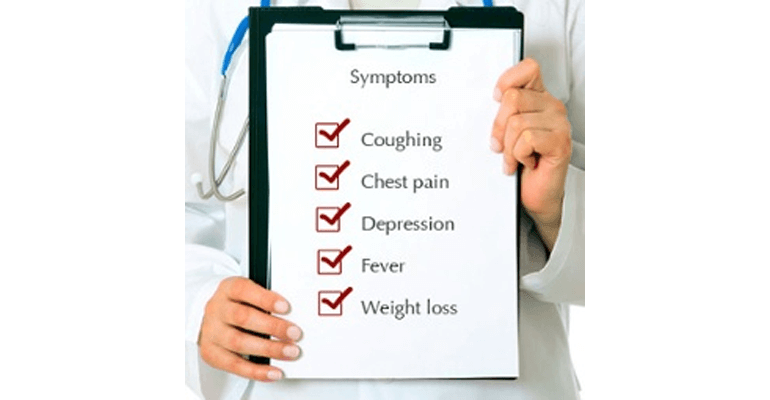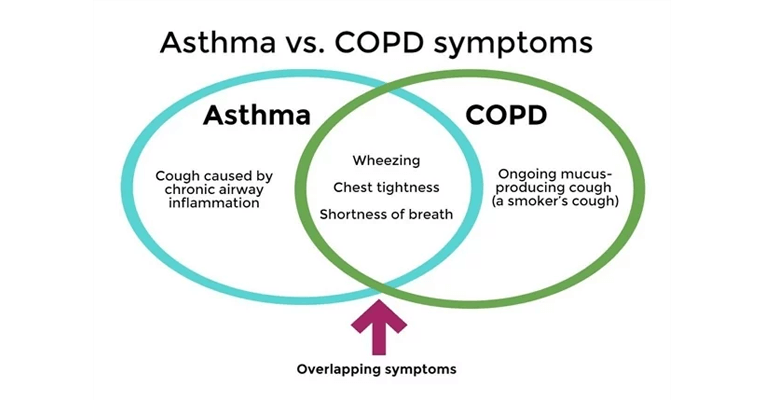- 07453 918 077
- info@derbyshirephysios.co.uk
Professional Physiotherapy Services
Chronic Obstructive Pulmonary Disease
Information from the British Lung Foundation
COPD: Chronic Obstructive Pulmonary Disease, or COPD, is a group of lung conditions including bronchitis and emphysema. They make it difficult to empty air out of the lungs because your airways have been narrowed.
Two of these lung conditions are persistent bronchitis and emphysema, which can also occur together.
- Bronchitis means the airways are inflamed and narrowed. People with bronchitis often produce sputum, or phlegm.
- Emphysema affects the air sacs at the end of the airways in your lungs. They break down and the lungs become baggy and full of holes which trap air.
These processes narrow the airways. This makes it harder to move air in and out as you breathe, and your lungs are less able to take in oxygen and get rid of carbon dioxide.

COPD stands for:
Obstructive=your airways are narrowed, so it’s harder to breathe out quickly
Pulmonary=it affects your lungs
Disease=it’s a medical condition
Causes of COPD:
COPD usually develops because of long-term damage to your lungs from breathing in a harmful substance, usually cigarette smoke, as well as smoke from other sources and air pollution.
Jobs where people are exposed to dust, fumes and chemicals can also contribute to developing COPD.
You’re most likely to develop COPD if you’re over 35 and are, or have been, a smoker.
Some people are more affected than others by breathing in noxious materials. COPD does seem to run in families, so if your parents had chest problems then your own risk is higher. A rare genetic condition called alpha-1-antitrypsin deficiency makes people very susceptible to develop COPD at a young age.
Symptoms of COPD:
The symptoms of COPD include:
- getting short of breath easily when you do everyday things such as going for a walk or doing housework
- having a cough that lasts a long time
- wheezing in cold weather
- producing more sputum or phlegm than usual
You might get these symptoms all the time, or they might appear or get worse when you have an infection or breathe in smoke or fumes.

What’s the difference between COPD and asthma?
With COPD, your airways have become narrowed permanently – inhaled medication can help to open them up to some extent.
With asthma, the narrowing of your airways comes and goes, often when you’re exposed to a trigger – something that irritates your airways – such as tobacco smoke, dust or pollen. Inhaled medication can open your airways fully, prevent symptoms and relieve symptoms by relaxing your airways.
So, if your breathlessness and other symptoms are much better on some days than others, or if you often wake up in the night feeling wheezy, it’s more likely you have asthma.
If you have a long-term condition like COPD, you’ll feel better if you self-manage your condition and take some control of your life.

Managing COPD:
Knowing all you can about your condition, your symptoms, your medications and how to cope with flare-ups will make your day-to-day life easier.
Being working in this area for more than 10 years as a specialist, we can offer:
- Disease education
- exercises to help condition
- Inspiratory muscle training to strengthen muscles that helps for your breathing
- learning how to control your breathing
- managing breathlessness
- Cough management and chest clearance
- eating well and keeping a healthy weight
- Vaccination advice
- Medication advice
- Inhaler technique
- Advice on Oxygen and Nebuliser
- Information on singing and support groups
- managing flare-ups
- Advice on preventing chest infections
- If necessary communicating with GP for onward referrals to specialists/investigations in hospital
You might get these symptoms all the time, or they might appear or get worse when you have an infection or breathe in smoke or fumes.
Service at home for respiratory patients
Weekend appointments available
Quality Treatment at Cost effective price





